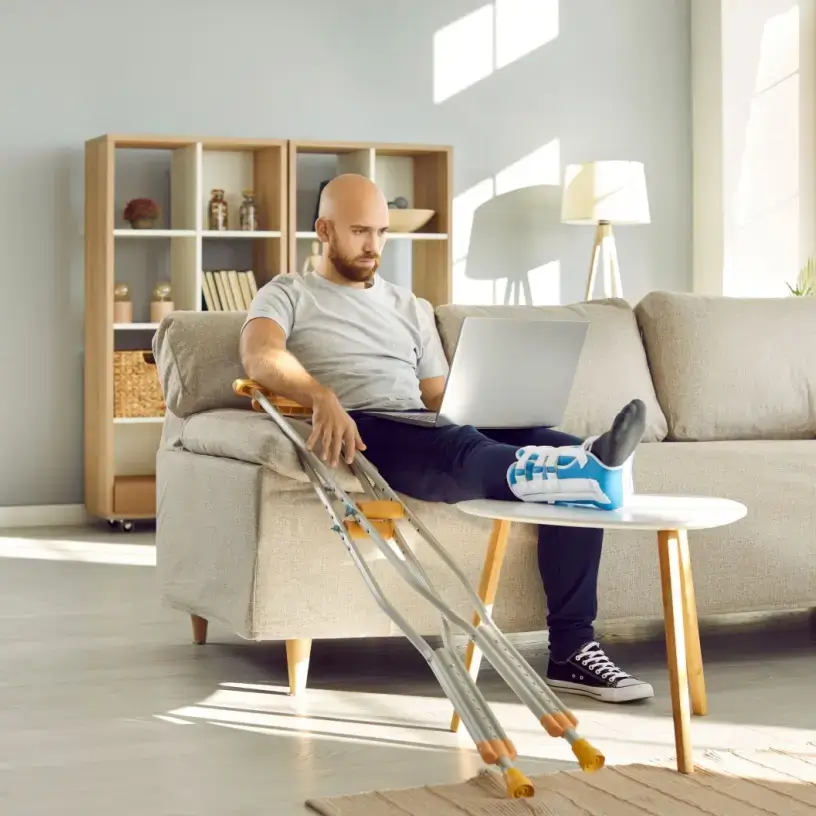When you’re considering taking out Total and Permanent Disability (TPD) insurance, you’ll want to pay attention to each insurer’s TPD definition and how your occupation will be assessed, as this will significantly affect the likelihood of a successful insurance claim.
There are two main ways TPD insurers define disability in their policies, which are based on your ability to work after a claimed event:
- Any occupation: You can claim if you’re permanently disabled and have been off work for three consecutive months because of your illness or injury. Your inability to return to work will be assessed against any occupation you’re suited to by education, training or experience. Any occupation TPD insurance is the only definition available through superannuation.
- Own occupation: You can claim if you’re permanently disabled and have been off work for three consecutive months due to illness or injury. Your inability to return to work will be assessed against your specific occupation you were working in before your disablement.
Let’s compare these two types of cover against one another.
|
Any occupation definition |
Own occupation definition |
|
Pros |
Cons |
Pros |
Cons |
|
Generally less expensive than an own occupation policy. |
You won’t receive a payout if you’re still able to work in another field you’re suited to by education, training or experience.
|
You could receive a payout even if you were able to return to work in a different occupation, so you may be more likely to receive a disability benefit. |
You’ll likely pay a higher premium than you would for any occupation cover. |
|
Available for a wider range of occupations. |
Some insurance companies might not cover you for specific occupations that are deemed high-risk.
|
In addition to the above, there are three other types of policy definitions that you may be covered for under TPD insurance:
- Activities of daily living. You’re unable to perform certain activities needed for daily living (e.g. showering, eating).
- Home duties. You’re unable to perform your essential duties as a homemaker (e.g. stay-at-home parent).
- Loss of independent existence. You’re unable to live independently, you have a cognitive impairment or cannot perform prescribed activities needed for daily living.
If you’re still unsure or want more information, you can call us to talk to an expert and discuss it with them before you take out cover.
Be sure to refer to the applicable Product Disclosure Statement (PDS) for further information on any of the above definitions.

